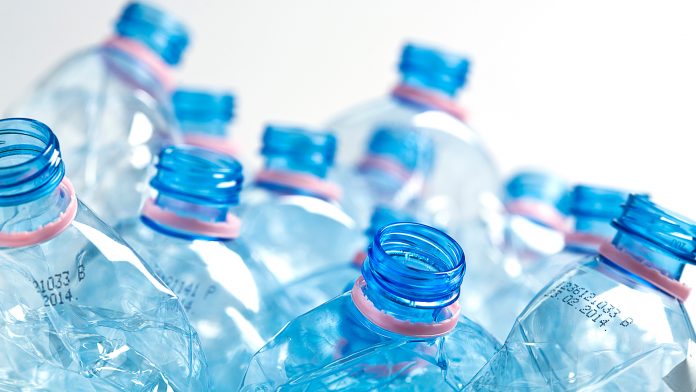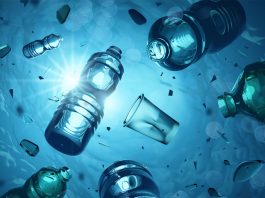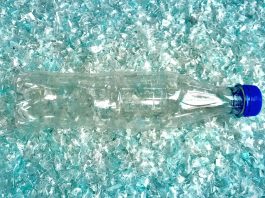A German consortium has created a new plastic made from reclaimed waste, which degrades in less than a year and can be produced at an industrial scale.
In a new process developed by the Fraunhofer Institute for Production Systems and Design Technology IPK, and its partners, manufacturers can boost Europe’s bioeconomy by creating a new plastic, called polyhydroxybutyrate, out of reclaimed waste.
The need for global recycling strategies is urgent, given plastics’ heavy use all over the world. A viable option to replace fossil-based plastics on a large scale has yet to be found. This is why the German Federal Ministry of Education and Research (BMBF) launched the Bioökonomie International research initiative in close cooperation with Fraunhofer IPK, the Department of Bioprocess Technology of the Technical University of Berlin, regional industrial partners and international research partners from Malaysia, Columbia, and the USA. The team are developing a method of manufacturing polymers without drawing on premium resources such as mineral, palm, and rapeseed oils.
How to produce polyhydroxybutyrate
The new production process turns industrial leftovers, such as waste fats, into polyhydroxybutyrate. Microorganisms can metabolise this reclaimed waste in special fermentation processes. They deposit the PHB in their cells to store energy.
Christoph Hein, head of the Microproduction Technology department at Fraunhofer IPK, said: “Once the plastic has been dissolved from the cell, it is still not ready for industrial use, because the hardening process takes far too long.”
The raw material is mixed with chemical additives downstream in post-production stages. The research team adjusted the plasticising and processing parameters to trim the recrystallisation time to fit the timing of industrial processing. The resulting biopolymer’s properties resemble those of polypropylene; however, this plastic degrades fully in six to twelve months.
In this method, microorganisms synthesise the entire polymer in a biotechnical process. “To this end, we convert biogenic residues such as waste fats into polyesters that can be put to technical use,” says Hein. The team opted for microorganisms, genetically modified with molecular methods, to serve as biocatalysts. With the help of chemical purification processes and an extensively optimised material, they have been able to develop a novel family of materials that satisfy the demands of technical plastics.





